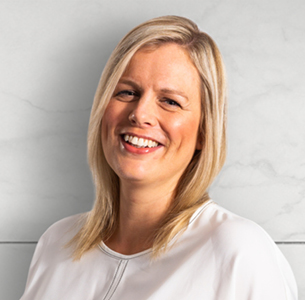There are a number of factors that will affect your final mortgage balance on the day the equity release loan is repaid.
Lifetime mortgages run until the last person has died or moved into a long-term care facility. From the day the plan starts to the date of repayment, interest will be charged by the lender. Assuming no repayments are made, interest will compound over that period.
The final calculation of how much the equity release plan will cost is the interest rate charged by the lender against the amount of equity that’s been released. The equity release provider will charge interest on the amount borrowed either monthly or yearly until the loan is repaid.
For perspective, we’ve provided an example of a lifetime mortgage loan of £50,000 based on a yearly compound interest rate of 5.25%. The table assumes that no repayments are made throughout the life of the loan and that the interest is compounded annually.
| Year |
Loan Balance |
Interest (5.25%) |
Total Owed |
| 1 |
£50,000 |
£2,625 |
£52,625 |
| 2 |
£52,625 |
£2,763 |
£55,388 |
| 3 |
£55,388 |
£2,907 |
£58,296 |
| 4 |
£58,296 |
£3,058 |
£61,355 |
| 5 |
£61,355 |
£3,216 |
£64,571 |
| 6 |
£64,571 |
£3,380 |
£67,951 |
| 7 |
£67,951 |
£3,550 |
£71,501 |
| 8 |
£71,501 |
£3,727 |
£75,229 |
| 9 |
£75,229 |
£3,912 |
£79,142 |
| 10 |
£79,142 |
£4,104 |
£83,247 |
Should the equity release plan be repaid early, an extra set of early repayment charges could potentially be incurred. These should also always be accounted for when calculating the true cost of how much a lifetime mortgage could cost over your lifetime.
For more detailed information, you can request a key facts illustration (KFI) from your Equity Release Supermarket adviser, which demonstrates yearly what your future equity release balance will be.
To support the accuracy of this table we want to have a live feed from our LP data of products (non-API and for products on API to gather their maximum loan to ascertain which is the highest LTV for each age in the table for a healthy (standard) and enhanced life.



